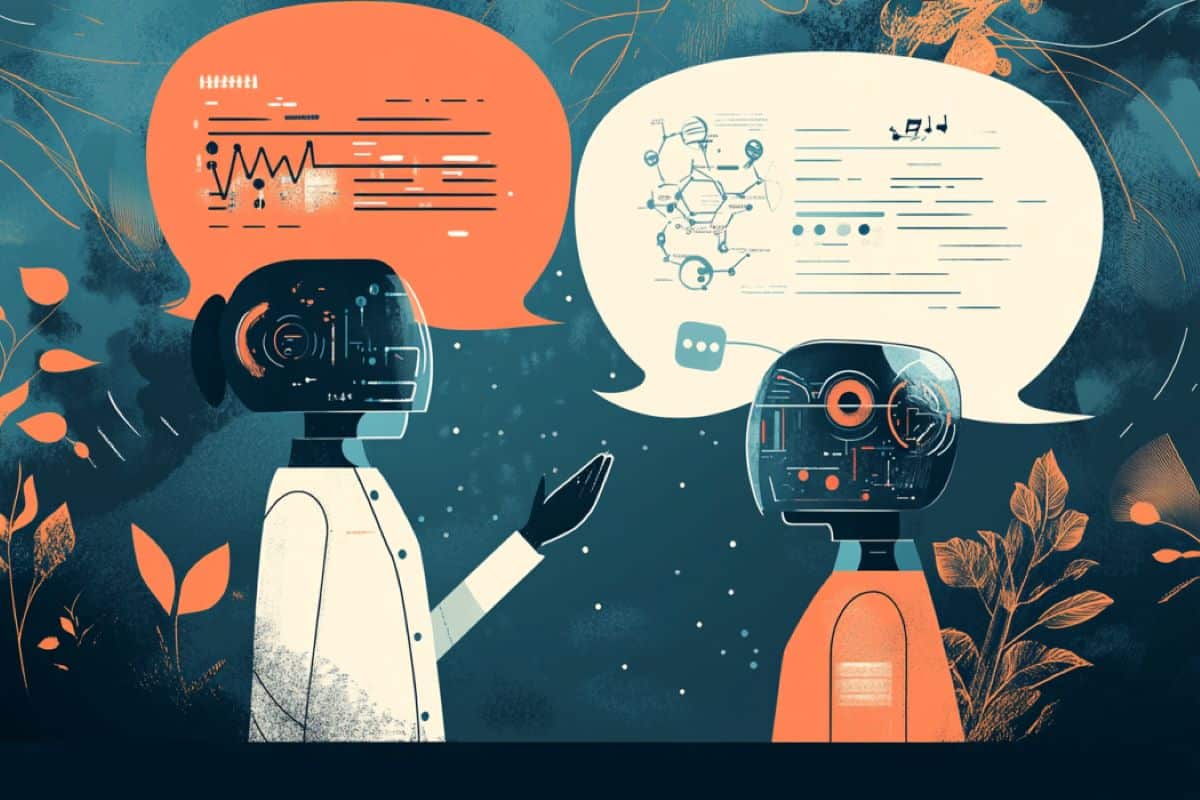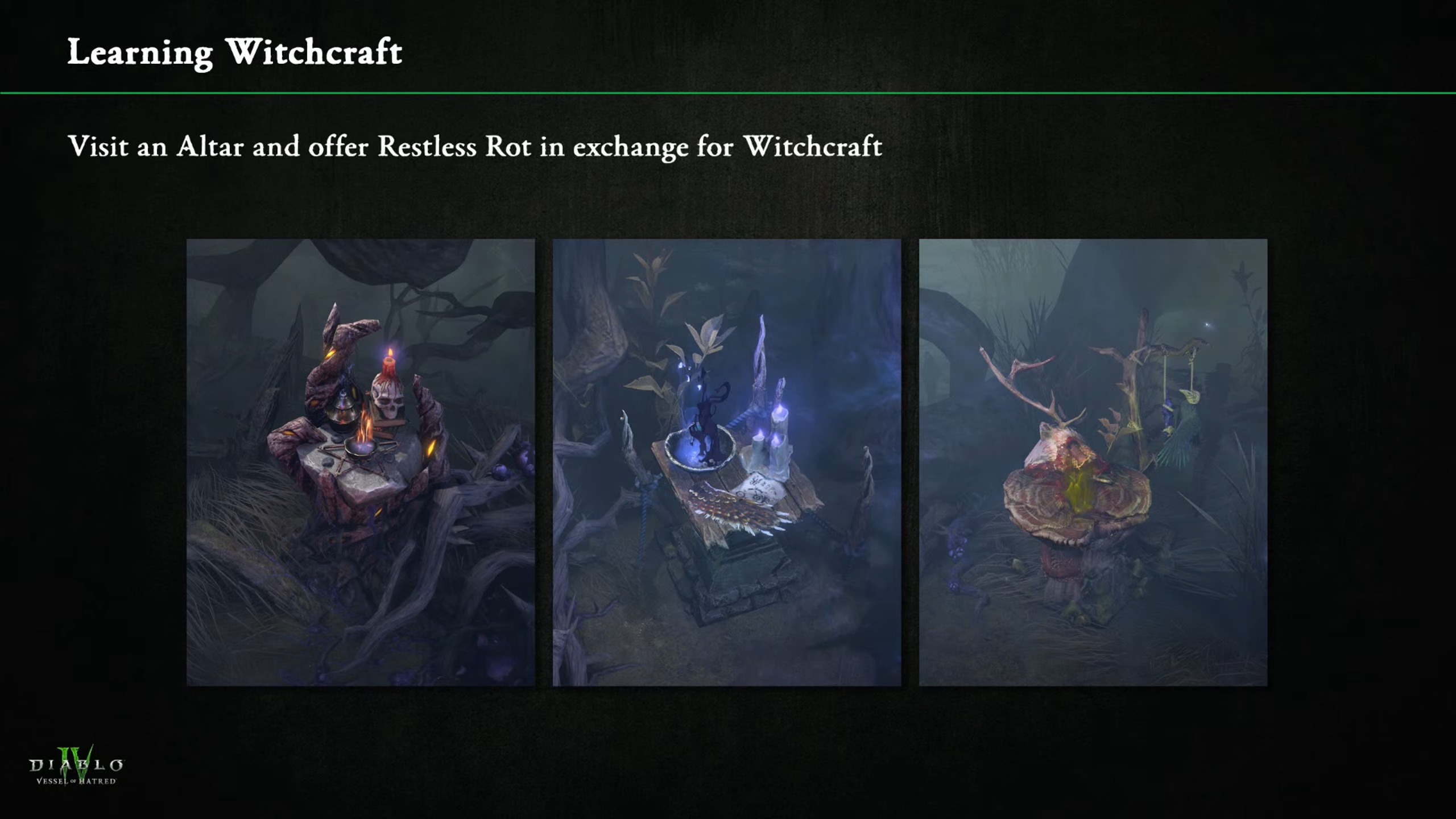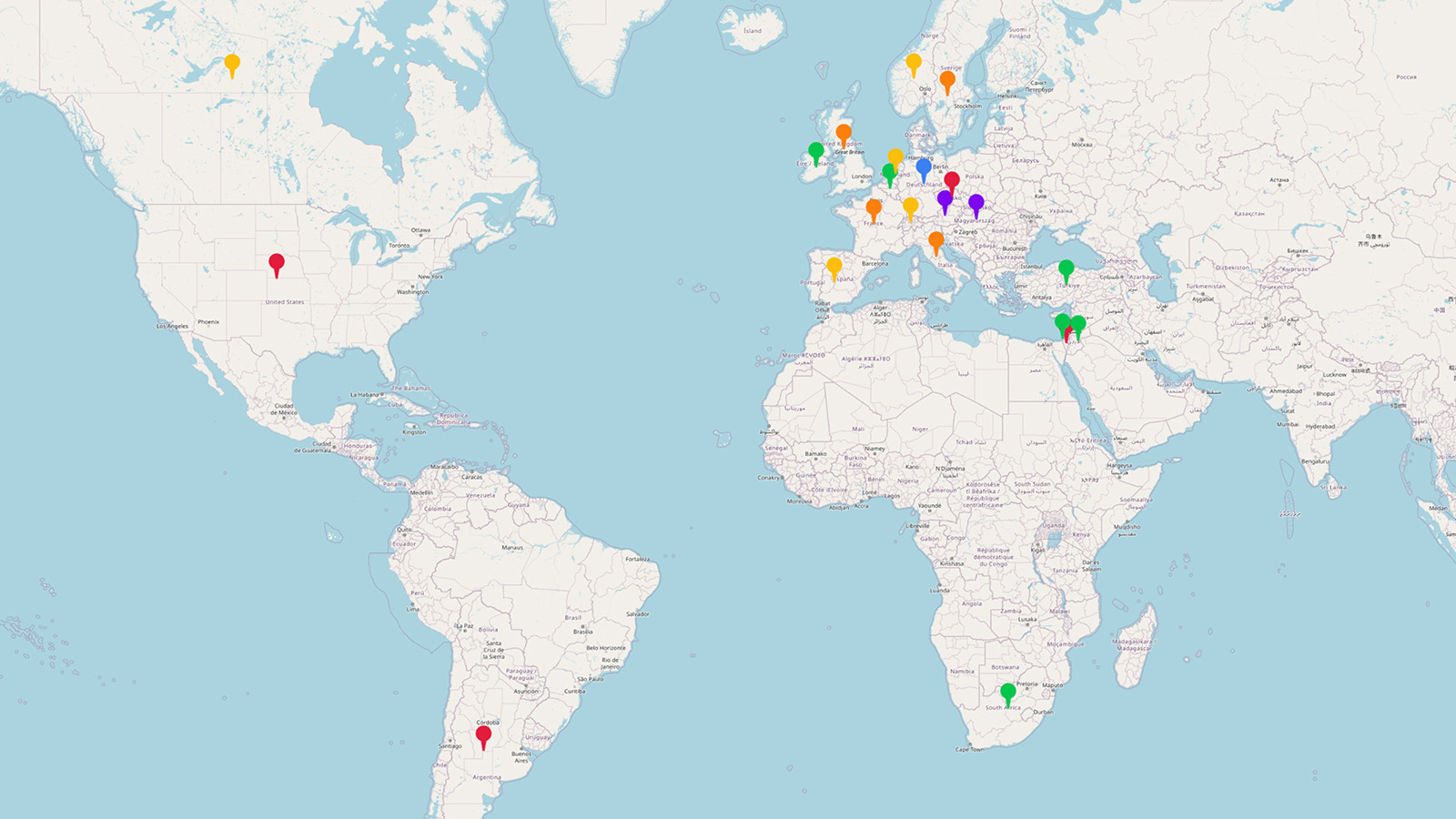With the advent of innovative tools such as ChatGPT, the discussion around artificial intelligence (A.I.) creations and their impact on society has grown. However, as these technologies evolve, questions arise as to who should be held accountable for any negative consequences that may result.
ChatGPT is just one example of how A.I. is changing the way we live and work. As these products become more sophisticated, there is concern about the potential for them to generate harmful content. But who should be responsible if this happens? Should it be the creators of the technology, the users, or the A.I. systems themselves?
These questions are at the forefront of the conversation around A.I. development and regulation. As developers continue to create new and complex systems, it is important to consider the ethical and societal implications of their work. Ultimately, the responsibility for A.I. creations must be shared between creators, users, and regulators to ensure that these tools are used for the greater good.
Responsibility for A.I. Creations: Who Should Be Held Accountable?














